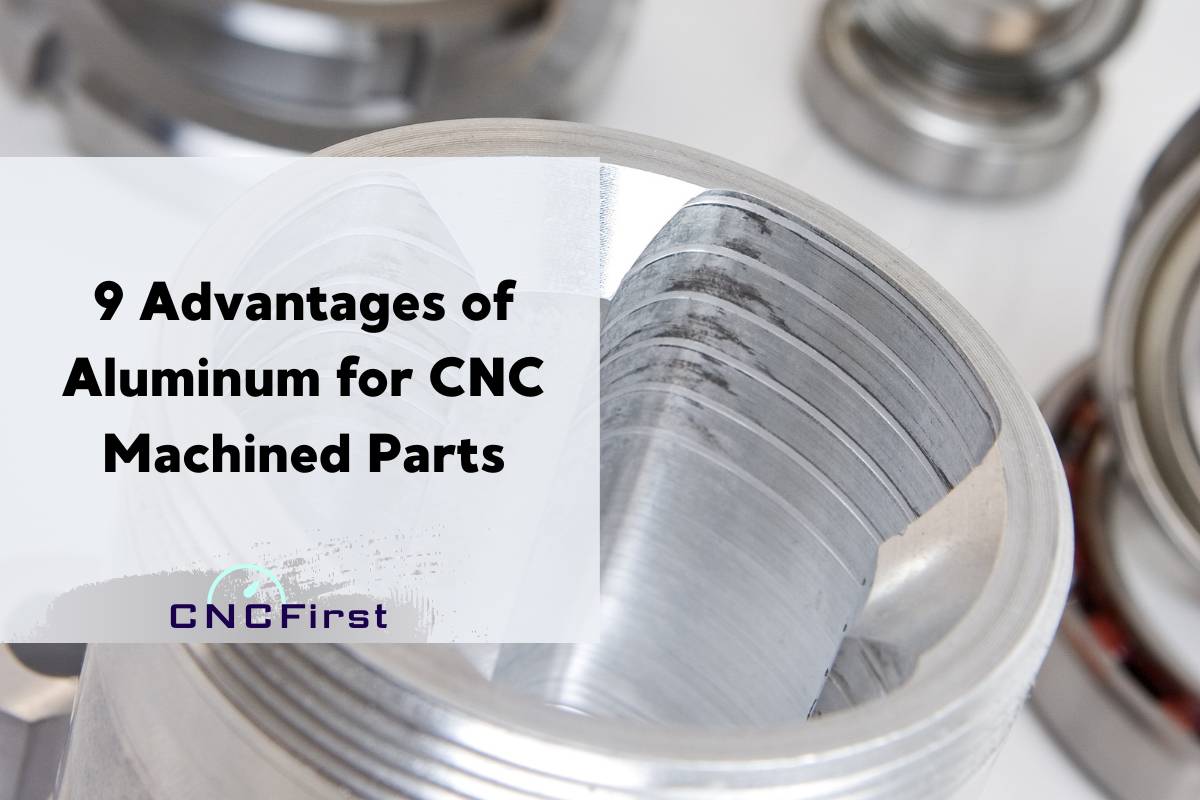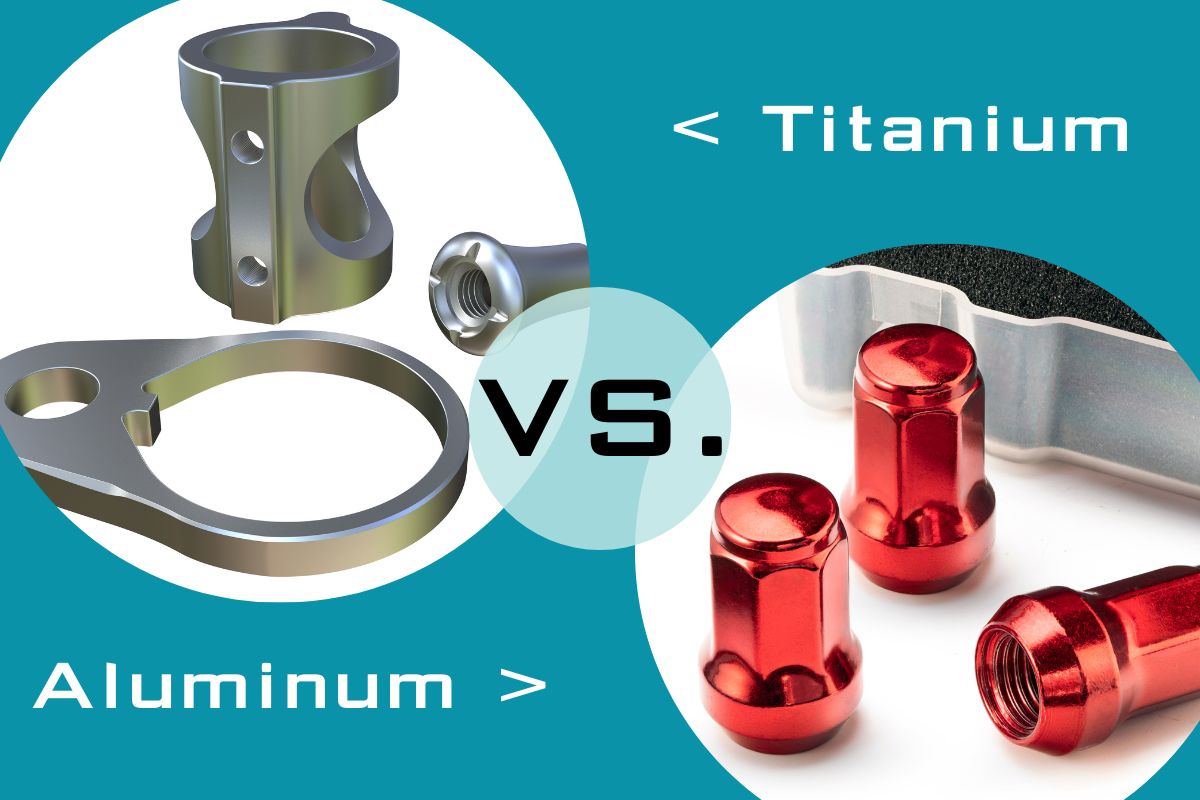Common Copper Grades for CNC Machining
Are you wondering which copper grades are best suited for CNC machining and why they matter? Copper, with its notable thermal and electrical conductivity, is a staple in various industries, but not all copper is created equal in machining.











